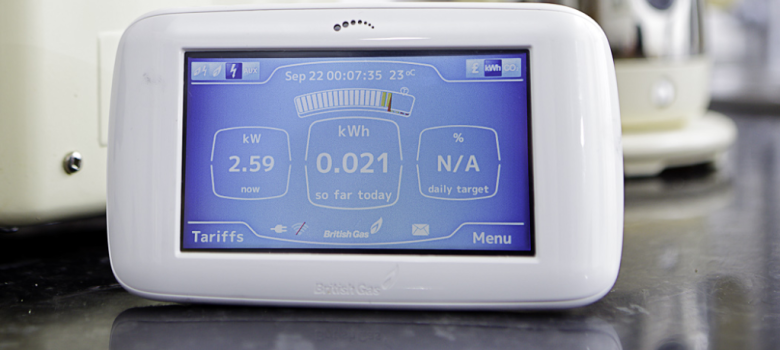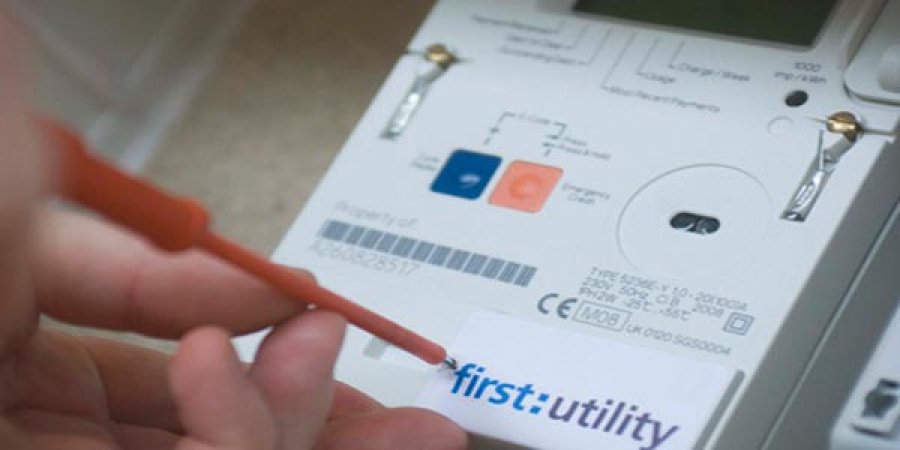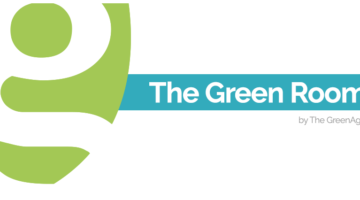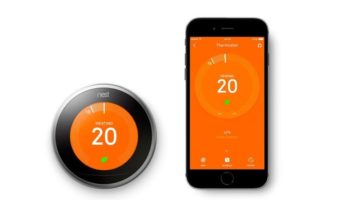
And it begins! Smart meter advertising campaign has kicked off!
Driving along in the car today, I heard two adverts for the recent roll out of smart meters. The theory is that by 2020 we will all have a smart meter in our home that will provide the energy companies with instantaneous gas and electricity usage.
For the customer this means more accurate billing – gone are the days of estimated bills, you will be able to see exactly what you are using at any second of the day in terms of heating and appliances. With a bit of testing you should be able to notice which appliances are using lots of energy and then in theory you could take the decision to replace those units with equivalent ‘energy-saving’ models that cost less to run.
In terms of heating, the smart meters should provide people with the visual cue to turn it off when it isn’t needed! Heating is already pretty expensive and over the coming years we are expecting energy companies to increase prices further despite the underlying cost of oil being relatively low. Seeing your daily heating bill should encourage most of us to to turn the heating off unless it absolutely needed, thereby saving money in the home.
Smart meters can help energy companies too!
Obviously the energy companies aren’t just providing this information out of the kindness of their hearts. There are huge implications for them too – they will be able to bill people accurately, no more disputes (or at least only a few compared to now!) and these things should improve their profitability.
Aside from the cash implications for the energy company, the information provided from the smart meters should help the companies better manage supply and demand. If they have instantaneous energy usage information of all 25 million homes in the UK they can quickly see national demand, and plan supply accordingly. Bearing in mind the volume of residential solar PV installs (now over 500,000) feeding in to the grid – and the other intermittent renewable energy being installed, it is vital that both the national grid and the energy suppliers better understand where and when electricity is being fed in to the grid.
Perhaps the biggest potential business opportunity for the energy companies is the prospect of time of use tariffs – this is essentially where they charge more for electricity at peak times to suppress demand. Imagine paying 3 times the price the electricity between 6-9pm, you might then choose to turn your washing machine on during the middle of the night instead.
By doing this, the energy companies can dampen peak demand, which means fewer power plants are needed – we hope this means good news for consumers too, since the massive infrastructure costs (of building these new power plants) is not passed on to us through higher energy bills.
A couple of downsides for homeowners with Smart Meters
So clearly there are advantages for both sides here – but there are a couple of issues that are perhaps worth highlighting. The first, and definitely the most serious, is that energy companies could in theory remotely disconnect households for not paying their energy bills. It is important to say that OFGEM (the energy industry oversight body) have put in very strict procedures that need to be adhered prior to this happening (it would only be a very last resort), but for those already struggling with bills the prospect of a remote ‘kill switch’ is bad news indeed.
The other thing that is worth briefly touching upon is data privacy. If third parties can get hold of the usage data – e.g. a marketing agency – they might be able to learn consumer’s behaviour, sleeping patterns etc and target them accordingly.
Likewise if a criminal were to get hold of the data they could see when energy usage is next to zero and make the assumption that the house is empty making it ripe for burglary (although we are perhaps scaremongering now).
The key though is that households can opt out of sharing the data, but whether or not consumers will be aware of this is obviously unknown at the moment!
Starting with the softly, softly approach
So back to the smart meter roll out, the plan is for every home to have a smart meter installed by 2020. The big push was not due to start until 2016, but it seems that the Government are keen to entice people to sign up by painting it as a really attractive proposition rather than forcing them to sign up – which will no doubt happen as we move closer to the 2020 deadline.
It all seems pretty sensible to us, but if you are anti-smart meter, unfortunately it is only a matter of time before you will be turned to the dark side whether you want to or not!
Think we missed something? Do you have a different opinion?
Comment below to get your voice heard…













Sorry I fdon’t share your enthusiasm for smart mrters. There’s been plenty of stuff in the press to the effect that the signal from a smart meter can be intercepted in a car just driving past the house. If the energy use is low on a cold day the target must be out so in we go.
So it’s not just a matter of opting not to share data.
And. . . .
As people work out what’s happening, they’ll leave the heating on when thy’re away – expensive but far less traumatic than a burglary.
Nope. . not scaremongering. If anyone in 1990 had precicted the scale of 2015 cybercrime they’d have been laughed at, or at least dismissed a dinosaurs.
I was provided with a basic ‘show your current use & past averages’ electricity meter some time ago, but eventually gave up on it. It just wasn’t telling me anything useful (i.e. what was using the power). As far as I could tell the main peaks were due to the fridge / freezer cutting in – not something you can just avoid using during peak times. I already try to restrict laundry to off-peak times (with the proviso that the final spin ends before I go to bed, due to the noise). So this meter wasn’t giving me any usable information – Seems like a cheap gimmick to make it look as if they’re doing something useful when in reality it’s not much use at all.